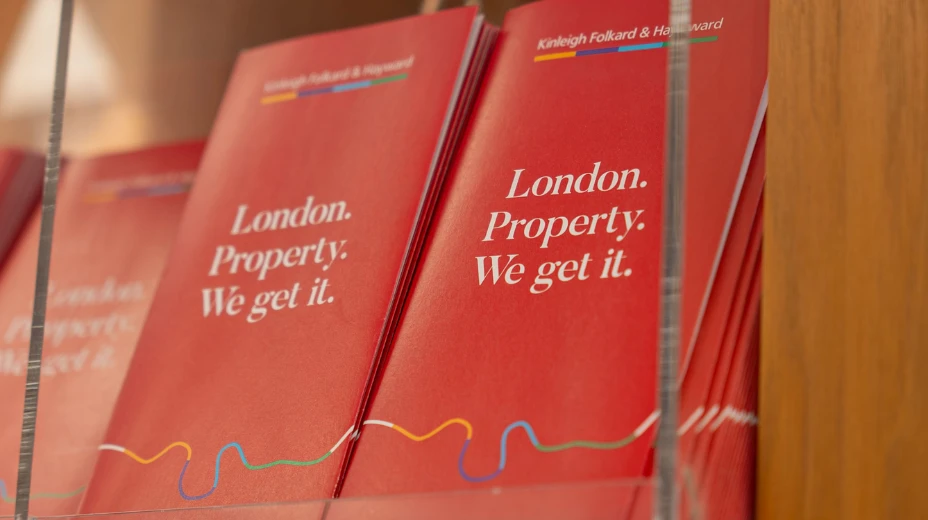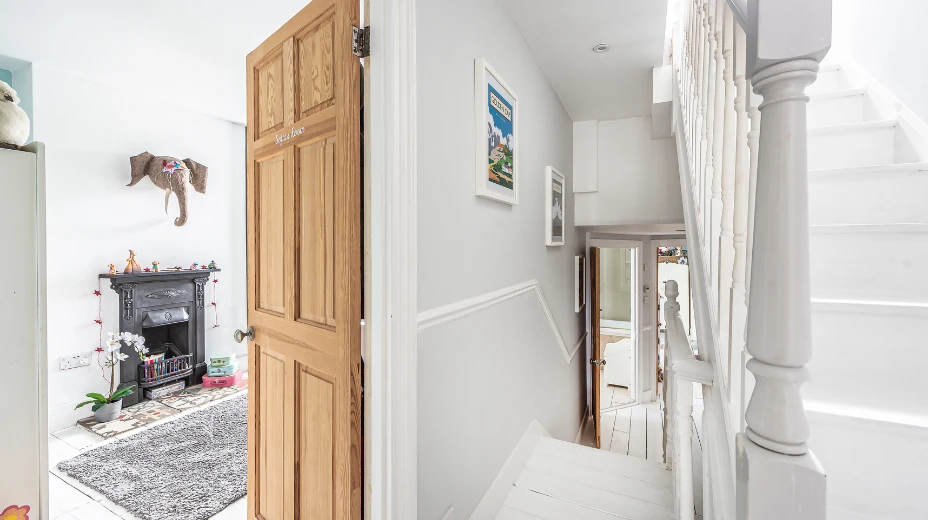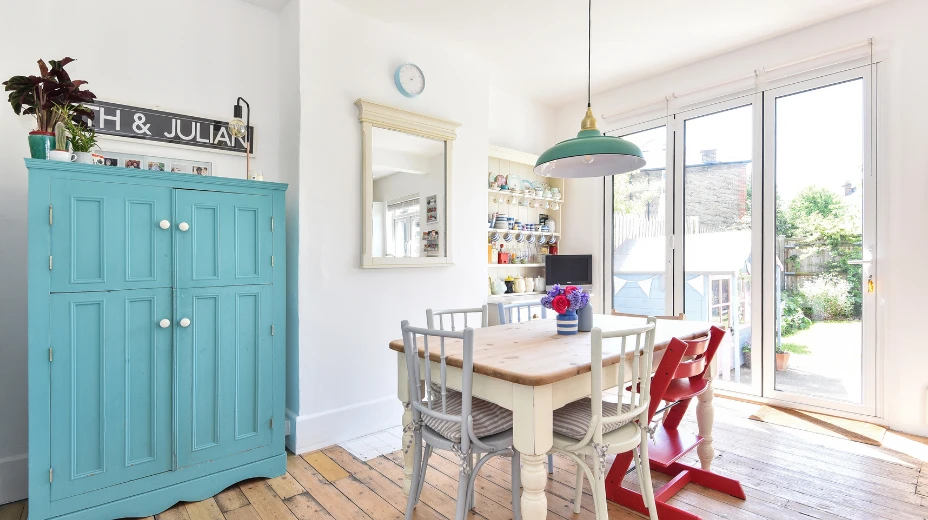Finding the right tenants

Different types of properties attract different tenants, so understanding your target market is key to finding the right renters. The type of tenant you choose can influence the length of tenancy, rental income, and property management needs. Common tenant categories include:
Young professionals
Young professionals often seek modern, low-maintenance accommodation and may share with friends before purchasing their own home. They value convenience and proximity to transport links.
Families
Families typically look for larger, unfurnished homes to bring their own belongings, though some may prefer furnished properties, especially if relocating from abroad.
Corporate tenants
Corporate lets occur when a company rents a property for employees. These tenants often have relocation costs covered by their employer and expect high-quality, fully furnished accommodation.
Students and graduates
Students usually require furnished properties near universities or work placements. Tenancy length varies depending on academic schedules.
Older or single couples
Includes retired couples who often prefer quiet, comfortable homes and can be reliable long-term tenants.
Housing benefit (Local housing allowance) recipients
These tenants often rent properties with a lower capital value-to-rent ratio, which can offer landlords higher yields. However, landlords should understand local authority requirements. Your decision on pets and smoking policies can also affect tenant interest, so set clear rules upfront.
Using letting agents to find tenants
A letting agent can be used to help you recruit and screen potential tenants. The screening process should include credit checks and references and is best carried out via an independent referencing agency.
At KFH, you will deal with an experienced local lettings team who know the area well. They will keep you informed on any prospective tenants interested in renting your property and what they thought about your property after the viewing. Your lettings team will show prospective tenants around the property on your behalf, making sure it is convenient for you and any current tenants.
Households in multiple occupation (HMOs)
An HMO applies when three or more unrelated people share a property. A mandatory HMO licence is required for five or more occupants forming more than one household. Many councils also operate additional licensing schemes for smaller HMOs and selective licensing for certain areas. Licence costs vary by local authority, so always check requirements before letting.
























































